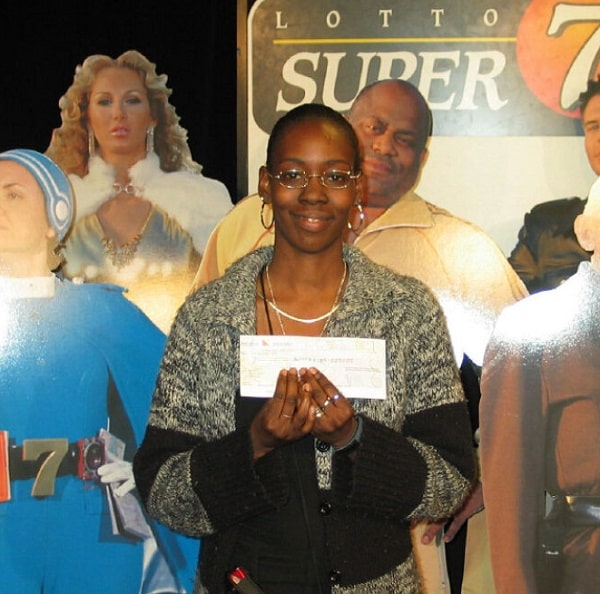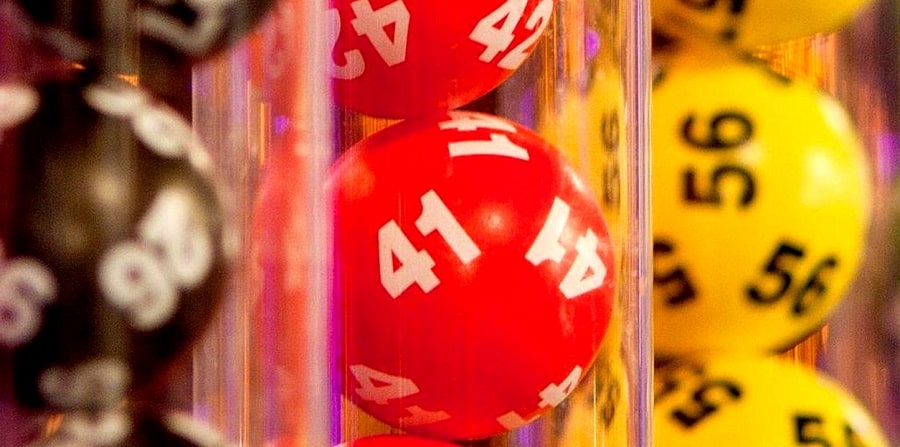
Lottery and other conspiracy theories
In Canada, there is a special corporation that runs lotteries, maintains casino chains and operates gaming clubs across the country. It is the OLG, which is owned by the national government and is considered to be accountable to the Minister of Finance.
In essence, all of the company’s operations are transparent and clean. The OLG resource regularly produces a wealth of information, including annual finance reports, business plans for the coming year, information on procurement, and even statistics on the average player in their lotteries. However, there are some interesting nuances. For example, the most frequent combinations that players choose to use in lotteries. Moreover, the company even has information about the average traveller’s cheque.
It is also required by law to publish the names and locations of the lucky winners who have managed to win over a thousand dollars in the lottery. Pictures of the winners are published on the website. In the event that the lucky winner has managed to pull off a big score, a press conference is scheduled for him or her.
Canada is also very particular about security. The country guarantees fair play in lotteries and its casinos. Vendors are not allowed to buy tickets from their outlets. And by using the DART system, transactions that are suspicious can be traced. This will help prevent fraudulent activity.
One in five Canadians
And while the service provides all the public information that shows the transparency of the operator, more than 20 per cent of Canadians believe the lotteries may be rigged. For example, based on online surveys, experts surveyed 1,603 Canadians.

The main purpose of the question, they determined the existence of conspiracy theories that have been created since the beginning of the pandemic. However, the attitude of residents to lotteries took only one point. The study was also able to determine the following:
- over 52% of Canadians believe in UFOs;
- over 16% believe in the existence of a lake demon that lives in the Okanagan;
- over 11% believe the moon landing was faked;
- about 37% of Canadians believe that the Covida virus was man-made;
- and about 9% believe the vaccines may contain a tracking chip.
If we take apart the counterfeiting of lotteries in more detail, women and young people are more likely to believe it. Also, conspiracy theories related to the lottery are believed more by people with low incomes.
Political preferences have little or no influence on the belief in the honesty and transparency of lotteries. Thirteen per cent each of liberals and conservatives believe in falsification, and 19 per cent of democrats.
